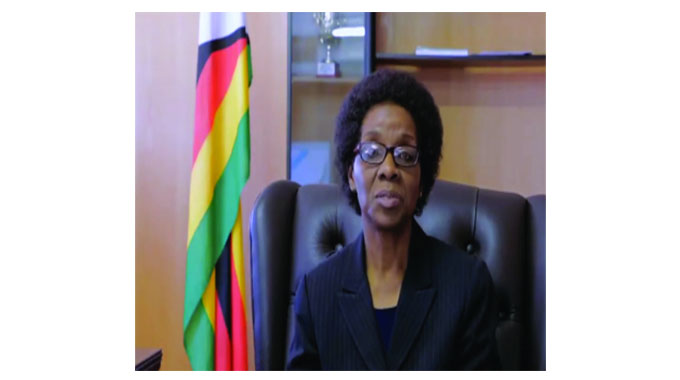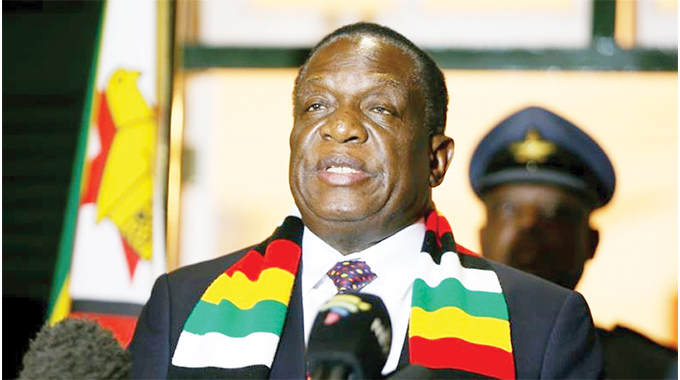WHO approval of Sinopharm vaccine likely to spur Zimbabwe vaccination figures

Thandeka Moyo-Ndlovu, Health Reporter
THE World Health Organisation’s approval of the Sinopharm Covid-19 vaccine is in line with Zimbabwean scientists’ recommendations which guided the country into rolling the lifesaving vaccination in early February using this Chinese vaccine.
Experts say the WHO approval of the vaccine is likely to push up vaccination figures in Zimbabwe as many were reluctant due to the fact that the WHO had not yet added Sinopharm to its list of safe vaccines.
Zimbabwe was among the few countries that started using the Chinese Sinopharm vaccine following a nod from local scientists who said it was effective.
The roll out which started on February 18 was conducted after an all-scientific process by local scientists and experts to ascertain the efficacy of Sinopharm vaccine, which was confirmed to be 79 percent.
Months later, WHO has approved the roll out of the vaccine saying it is safe putting to shame the naysayers who have been discouraging citizens from being vaccinated saying the vaccine was not safe.
On Saturday, 8 852 people received their first dose bringing the cumulative figure for the first dose to 509 274 while 8 224 people received their second dose bringing the cumulative figure for the second dose to 148 564.
As of May 7, 2021, there were 17 hospitalised cases and of those three are asymptomatic, nine are mild to moderate, two are severe and three are in the Intensive Care Unit (ICU).
Since the outbreak of the global pandemic, Zimbabwe has recorded a total of 38 414 cases, 36 052 recoveries and 1 576 deaths.
On Friday, the WHO listed the Sinopharm Covid-19 vaccine for emergency use, giving the green light for this vaccine to be rolled out globally.
The Sinopharm vaccine is produced by Beijing Bio-Institute of Biological Products Co Ltd, a subsidiary of China National Biotec Group (CNBG).
“The addition of this vaccine has the potential to rapidly accelerate Covid-19 vaccine access for countries seeking to protect health workers and populations at risk,” said Dr Mariângela Simão, WHO Assistant Director General for Access to Health Products.
“We urge the manufacturer to participate in the COVAX Facility and contribute to the goal of more equitable vaccine distribution.”
WHO’s Emergency Use Listing (EUL) is a prerequisite for COVAX Facility vaccine supply. It also allows countries to expedite their own regulatory approval to import and administer Covid-19 vaccines.
In an interview yesterday Zimbabwe’s chief coordinator of Covid-19 Task Force Dr Agnes Mahomva said the WHO approval is set to yield positive results.
She said she was excited because members of the public now know that the vaccine recommended by local scientists has been approved by WHO.
Dr Mahomva urged members of the public to gladly take the vaccine now that WHO has approved it.
“We are happy that the WHO has included the Sinopharm in its listing, it was indeed time as the vaccine was already being rolled out in some countries including Zimbabwe. We are happy that communities now have the confidence in the vaccine which is meant to protect them from the third wave or any other wave that may emerge,” she said.
Dr Mahomva said the WHO approval was also a confirmation that local scientists did their homework before recommending its roll out.
“We are now confident that more people will come forward and get vaccinated so that we ensure we are protected from this deadly virus. I therefore urge people to come in their numbers now that WHO has approved Sinopharm. They should also continue adhereing to the lockdown egulations and guidelines meant to curb the spread of the pandemic,” she said.-@thammoe








Comments